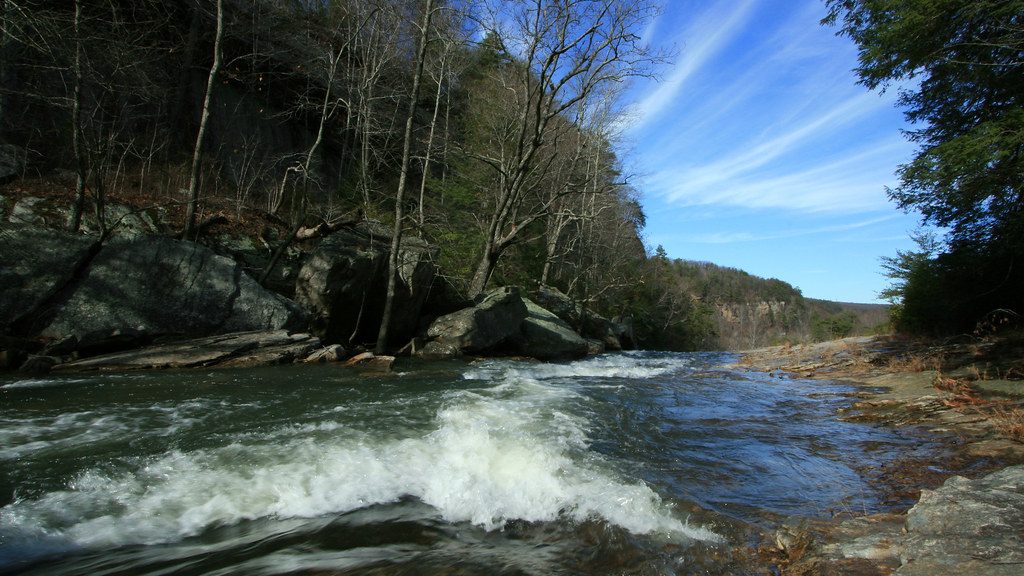Assessment of Water Availability and Streamflow Characteristics in the Southeastern U.S. for Current and Future Climatic and Landscape Conditions

Project Information
Principal Investigator: Jacob LaFontaine, USGS South Atlantic Water Science Center
Proposed Project Completion: March 2024
Implements Science Plan Theme: Impacts, Exposure
Project Cooperators: Lauren Hay (USGS Water Mission Area), Rheannon Hart (USGS Lower Mississippi-Gulf Water Science Center), Andrea Stewart (USGS South Atlantic Water Science Center), Charles Stillwell (USGS South Atlantic Water Science Center)
Overview
Information about streamflow and streamflow variability is critical to assist natural resource managers when they make decisions related to the water needs of both human communities and ecosystems. In order for managers to effectively plan for and adapt to future climate and land cover conditions, they require information on changes that could occur in the distribution and quantity of water resources. Yet every watershed has a unique set of characteristics – such as differing topographies and geology – that affect how much water is available, the sources of water, and how it flows through the system. This means that water availability in every watershed can be affected differently by changes in climate and land cover.
Flow can be monitored in a stream using a stream gage, which provides information about the amount and variability of surface water resources at a particular location. However, not every stream has a gage, and decisions about water resources in these ungaged watersheds still must be made. In the absence of measured streamflow information, hydrologic models can be used to provide estimates of streamflow characteristics. This project will use a modeling approach that groups watersheds that are gaged with watersheds that are not gaged to provide accurate estimates of water availability for all watersheds in the southeastern United States, under current and potential future climate and land cover conditions.
